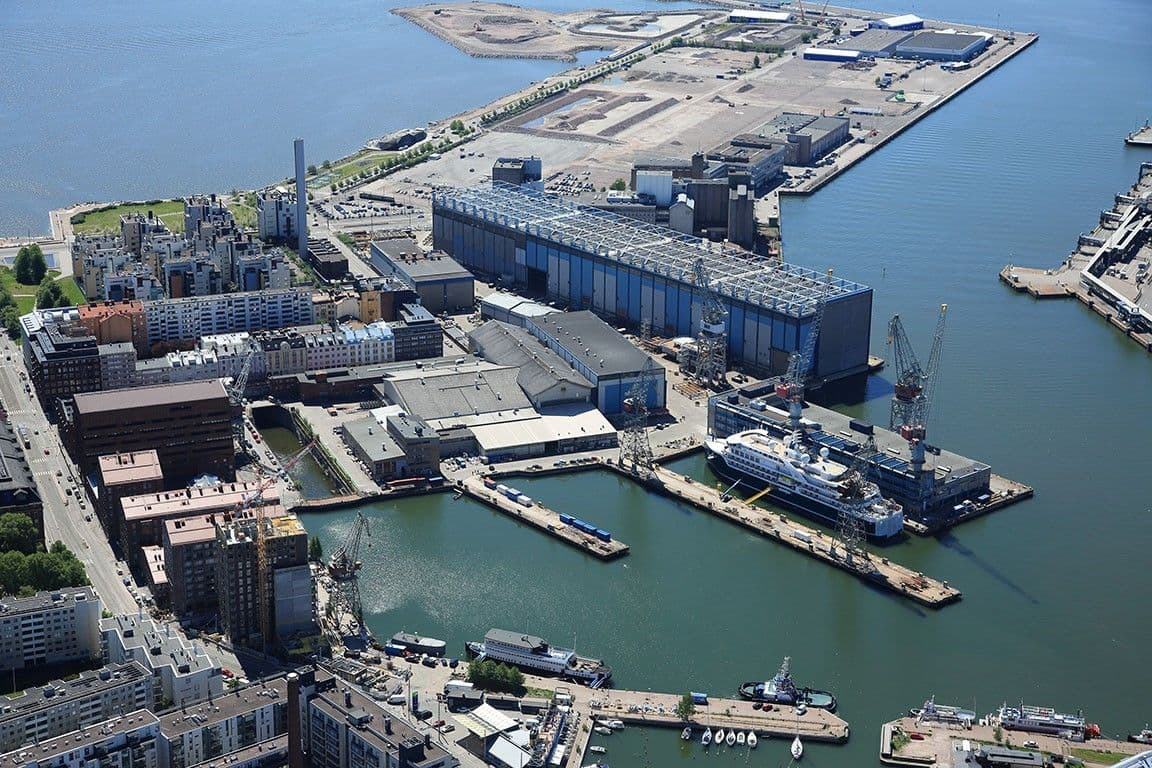Repreneurship: key differences between share purchase and asset purchase

When it comes to taking over a company, we're often asked the question: what are the differences between buying shares and buying assets? Let's try to demystify it:
1. A few definitions
Buyer: Person or company who takes over a company.
Share purchase: This method involves acquiring all or part of a company's shares. By purchasing shares, the buyer becomes the owner of the company with all its assets, liabilities and commitments. (Agreement with a supplier, financial loans, etc.)
Asset purchase : In this case, the buyer purchases specific company assets, such as equipment, inventory and real estate. Unlike share purchases, this method does not automatically include the company's liabilities and commitments.
Case study: Clovis is in the process of buying a company. The company has a bank loan of $20,000. Clovis buys 55% of the shares and all the company's assets. Clovis makes a share purchase and thus becomes the principal owner of the company.
2. Responsibility and liabilities
Share purchase: The buyer generally assumes all the company's existing liabilities, including debts, work in progress and any litigation. This can be a risk to consider if the company has financial commitments or legal problems.
Asset purchase: The buyer can select the assets he wishes to acquire, thus minimizing exposure to undesirable liabilities. However, certain liabilities, such as environmental obligations, may follow the assets even after the sale.
Case study: As Clovis becomes the principal owner of the company, having purchased 55% of the shares, he also becomes responsible for the $20,000 debt.
3. Complexity and cost
Share purchase: This method can be simpler in terms of transfer of ownership, as the entire company passes into the hands of the buyer. However, due diligence is required to assess all the risks associated with liabilities and obligations.
Asset purchase: Although this method enables the precise selection of what is acquired, it can be more complex to structure. Certain contracts and licenses may need to be renegotiated, and additional fees may apply for the transfer of individual assets.
Case study: In taking over the majority of the shares, Clovis needs to carry out a full investigation of the business to ensure its financial and legal viability and compliance.
4. Tax considerations
Purchase of shares : Tax implications may vary depending on the jurisdiction, but generally, purchasing shares can offer tax advantages, particularly with regard to tax loss carryforwards.
Purchase of assets: Assets can be depreciated by the buyer, offering potential tax advantages. However, the sale of assets may result in higher tax liabilities for the seller due to capital gains.
Case study: Clovis needs to check with his accountant what the tax implications are. Were there any difficulties with tax collection by the tax authorities? Have any guarantees been demanded by the tax authorities due to breaches of tax obligations? Are any payment agreements still in force and not being honored?






